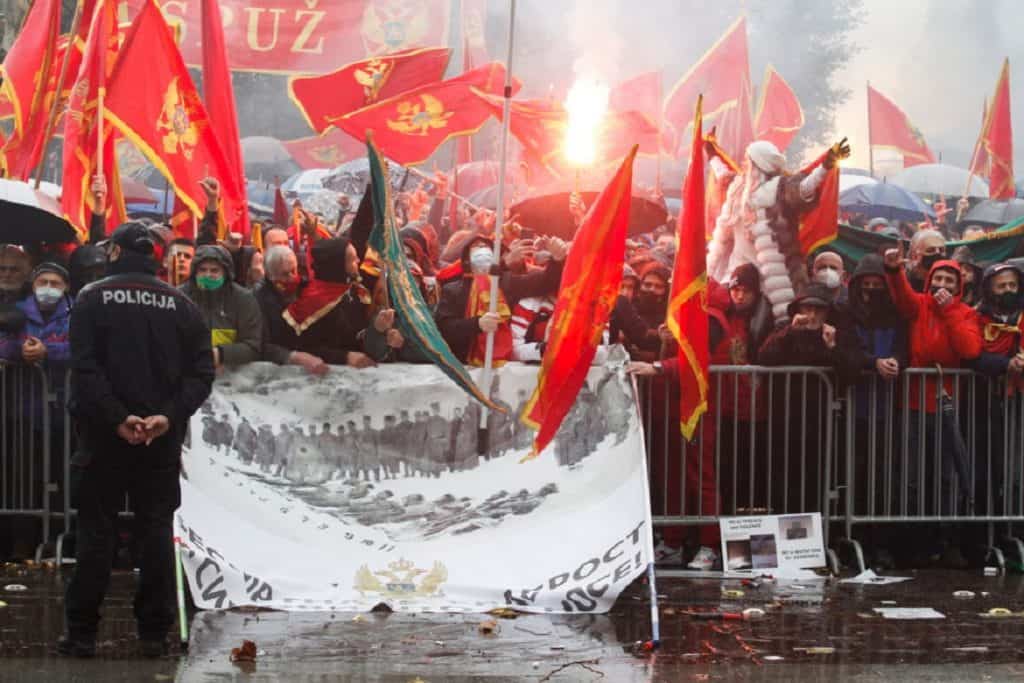By Slaviša Batko Milačić
On May 21, 2006, Montenegro held a referendum in which 55.5% of voters supported the independence of the small former Yugoslav republic, effectively ending nearly a century of union with Serbia.

World Geostrategic Interview with Josh Paul on the Israeli military’s alleged human rights violations and…
World Geostrategic Insights interview with Stefan Demetz on the concepts of engineering approach to economics…
World Geostrategic Insights interviews Masahiro Matsumura on the significance of the trilateral summit between Joe…
World Geostrategic Insights interview with Chian Wen Chan on the reasons pushing toward de-dollarization, whether…
World Geostrategic Insights interviews Saud Al-Sharafat on threats to Jordan’s security from tensions between pro-Iranian…
Let's keep on touch, subscribe to updates


